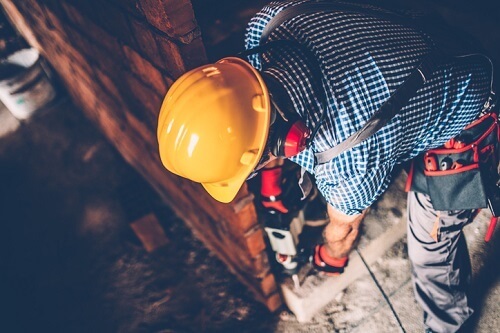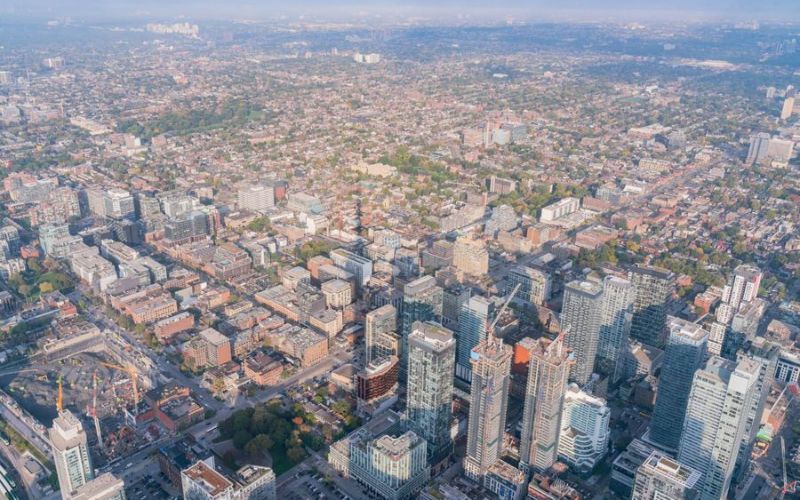Last Updated on October 24, 2023 by Neil Sharma
Months after cancelling Cosmos, a sold-out condominium development at the Vaughan Metropolitan Centre, and effectively blindsiding over a thousand buyers, Liberty Development Corp. has applied to build another project nearby.
However, cancelling a sold-out project is a reputational hazard, and the question is: How will the new project be received?
Tosin Bello, Turn Key Realty Point’s broker of record, believes—as many do—that Liberty didn’t anticipate how much Cosmos’ units would appreciate and wanted to maximize profits.
“I think they sold below the market and they didn’t anticipate that the prices would be where they are, so I’m pretty confident that when they do relaunch they will follow through because they’ll be priced right,” said Bello. “But it sounds terrible; it was a decision they made at the expense of hundreds of clients.”
Liberty Developments claimed the dissolution of the project was caused by a disagreement of terms between the landowner and Liberty, however, media reports subsequently revealed that they were both under the same corporate umbrella.
Bello added that Liberty didn’t just stake its own reputation, it compromised real estate sales agents associated with Cosmos.
“When you’re a representative for a development, nobody says ‘Liberty pulled units.’ They look at the agents who sold it and say, ‘I can’t trust this person because they gave me bad advice.’ It impacts more than the developer, it impacts agents. I was fortunate I didn’t sell units in that building, but my colleagues did.
“It impacts commissions too because agents sold dozens of units anticipating tens of thousands of dollars, and they have nothing. If you bought a car anticipating a commission in the next few months and now it’s cancelled, what do you do?”
Rosie Gimeno, a sales representative with REMAX Specialists Estate Group, is shocked to find out Liberty is coming back so soon with another project in virtually the same location. While she wouldn’t personally buy something from an unreliable developer, she says clients are a different story.
“If people are going to invest in them, they should add a clause where the builder has to pay a penalty if the same thing happens again,” she said. “Why would anybody feel secure investing in that project? I sure wouldn’t, but sometimes you have to get the client what they want, however, I would advise them about what happened the last time. It’s like if somebody buys during winter time: they have to be more scrupulous.”
Cancelled developments also shake consumer confidence in the market—which, in Toronto, is already reeling.
“There are people who are informed, because they have access to trained professionals, but a lot of people speculate and they’re driving the market,” said Bello. “They anticipate things, so when a development cancels like that, it impacts us all because we want to sell our properties to speculators. And when those people see something like [a cancelled development] they’re less likely to invest. Not only that but there’s also less money is in circulation. Something like this impacts the market because people become skeptical about other developments.”
Related stories:
Neil Sharma is the Editor-In-Chief of Canadian Real Estate Wealth and Real Estate Professional. As a journalist, he has covered Canada’s housing market for the Toronto Star, Toronto Sun, National Post, and other publications, specializing in everything from market trends to mortgage and investment advice. He can be reached at neil@crewmedia.ca.









